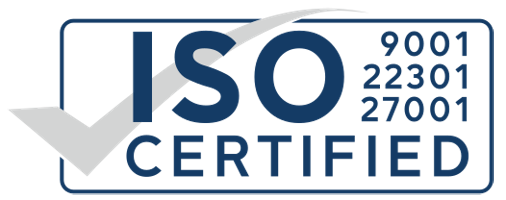Phases of clinical trials
Clinical trial – is any investigation in human subjects to discover or verify the clinical, pharmacological, and/or other pharmacodynamic effects of an investigational product and/or to identify any adverse reactions to an investigational product, and/or to study their absorption, distribution, metabolism and excretion in order to to assess safety and/or efficacy.
Clinical development of innovative drug is divided into phases. Trials performed in each phase of development have different goals and, therefore, have certain characteristics. There are also some special types of studies: bioequivalence and non-inferiority trials, trials with biosimilars, research of medical products and clinical nutrition.
Registration studies of novel drugs
The clinical trials from all of the development phases provide the data required to prepare submissions for regulatory approval to agencies around the world. The requirements for securing regulatory approval vary across different countries and geographic regions.
Phase I – this is the first use of the drug in humans. Usually conducted on a small group of healthy volunteers (sometimes – in patients). Results of these trials are the basis of the decision on further study in phase II.
Phase II – are exploratory studies of the drug in small groups of patients with a particular disease to evaluate the safety and preliminary efficacy. Main goals of this phase are proof of concept, safety evaluation, selection of treatment regimens and doses. Such studies usually involve several small therapeutic/dose groups of patients. According to the results of such studies the Sponsor makes a decision on the therapeutic doses and administration regimens for further study in phase III.
Phase IIIa – are confirmatory studies involving a large population of patients. Phase III studies are designed to statistically confirm assumptions made on results of Phase II regarding safety and efficacy of the drug for a particular indication. According to the results of the phase IIIa trial Sponsor makes a decision on the possibility of submission for Marketing approval of the drug.
Post-marketing studies of novel drugs
Phase IIIb – are confirmatory studies that are conducted to collect additional data for the purpose of registration of new indications of the drug, dosage and dosing regimens, routes of administration, new dosage forms and special age groups.
Phase IV – is the research that is conducted to collect the efficacy and safety data, the benefits of the drug compared to other treatment regimens, to study features of its prescription in certain groups of patients, and drug interactions.
Registration studies of generic drugs
Bioequivalence trials – registration trials that performed for non-biological generics, which are conducted to assess absorption and excretion of the drug substance in healthy volunteers to test a hypothesis of pharmacological equivalence of the original and generic drugs.
Non-inferiority trials – registration trials that conducted to prove that the generic drug has the same therapeutic profile as the original one when used by patients with a particular disease. Conducted in registration purposes for generics for which conduct of bioequivalence study is impossible. Sometimes such trials are conducted in addition to bioequivalence study to prove the clinical effect of the generic.
Biosimilar trials – a research conducted in order to prove that the analogue biotech drug has a similar safety and therapeutic profile as the original.
Registration studies of medical devices and clinical nutrition
Studies of medical devices and medical nutrition – are studies to examine the efficacy and safety for the purpose of marketing authorization approval.
